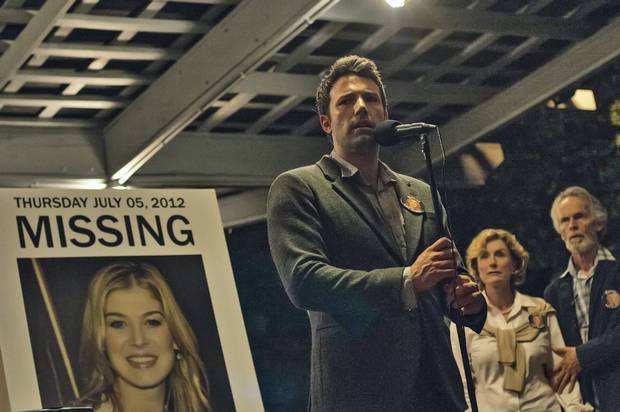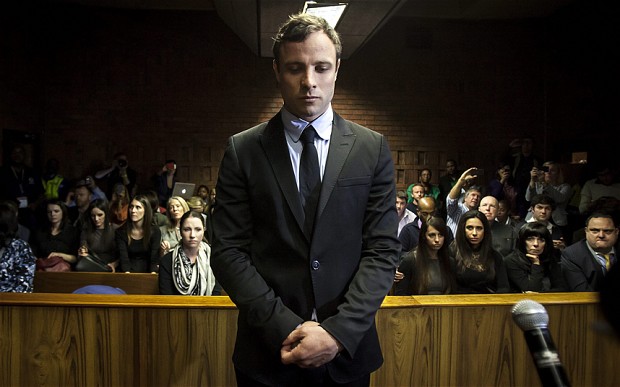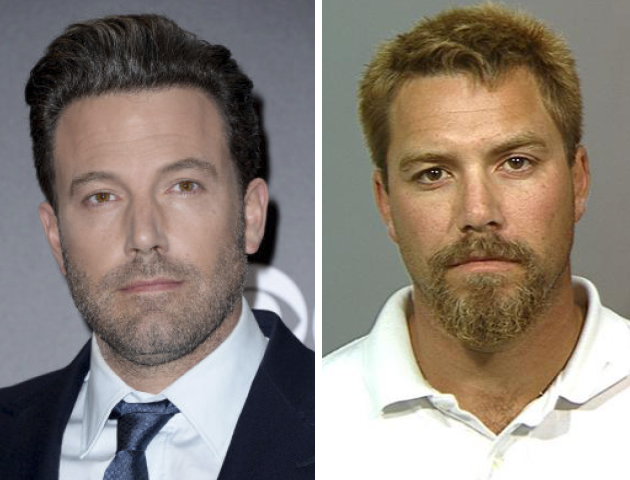As is often the case on M&TV, the release of a movie can attract comparisons with real world parallels, prompting people to postulate over whether the events of one can in some way inform the construction, media treatment or release strategy of another.
Whilst David Finchers' Gone Girl is indeed based on a book that predates the Pistorious case by some margin, is there any evidence that David Fincher was in some way influenced or affected by the events of the Pistorious trial?
Both feature a man undergoing a trial by public opinion over the supposed murder of his wife, both purportedly high profile cases in which the media conduct a forensic witch hunt of the accused's personality...


I wouldn't go as far as to suggest that the Pistorious case created the necessary ballast of interest to greenlight the movie, but is it improbable that Fincher could have 'played up' or focused on elements of the book in response to the recent ongoing events in the news cycle?
For example, has Fincher (or even Gillian Flynn, who wrote both the novel and the screenplay) discussed the thematic similarities between the text and the case?
I'm not looking for an analysis of how the film differs from the Pistorious case: it is unarguably not an adaptation or transplantation, but surely the similarities have had a resonance somewhere?

